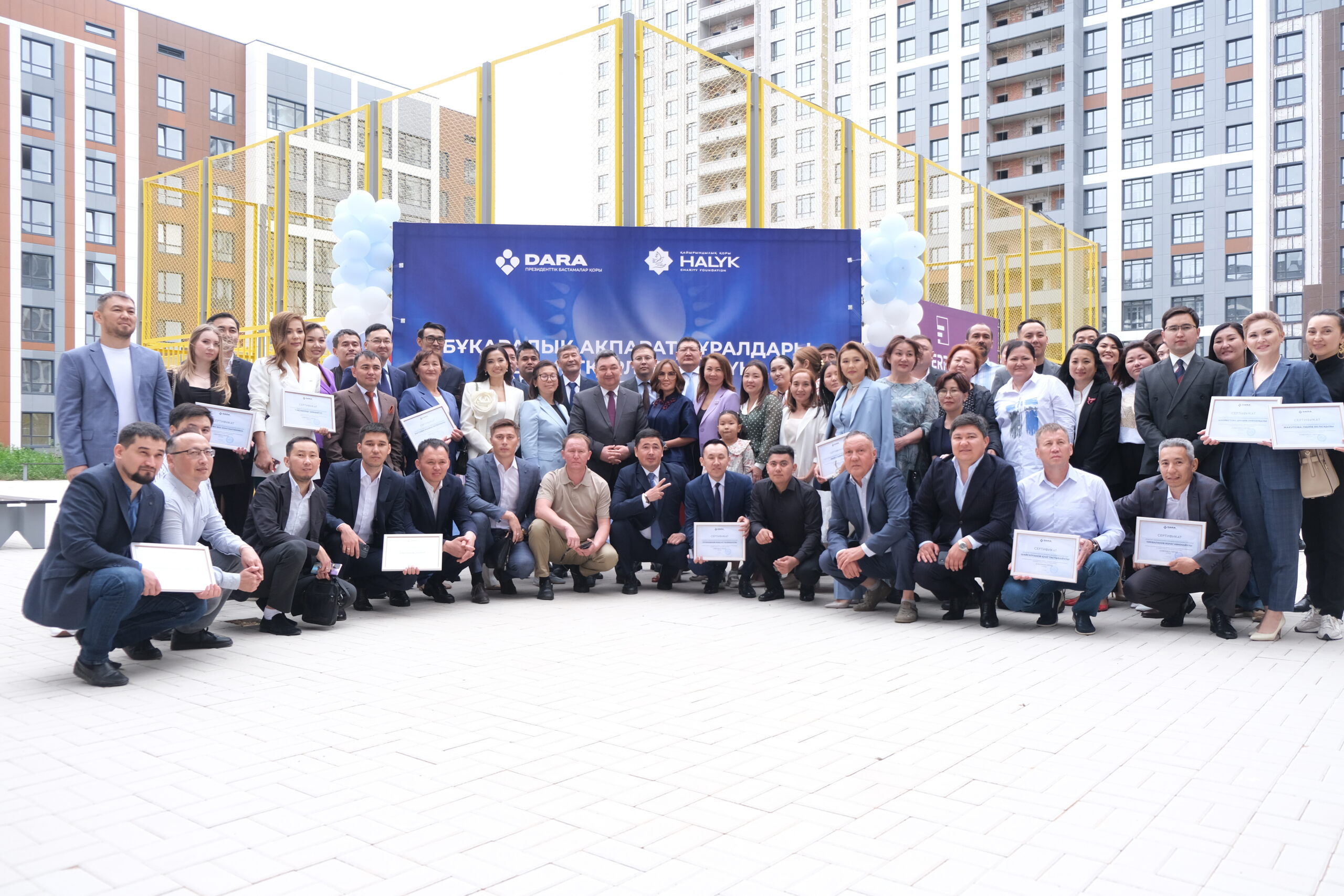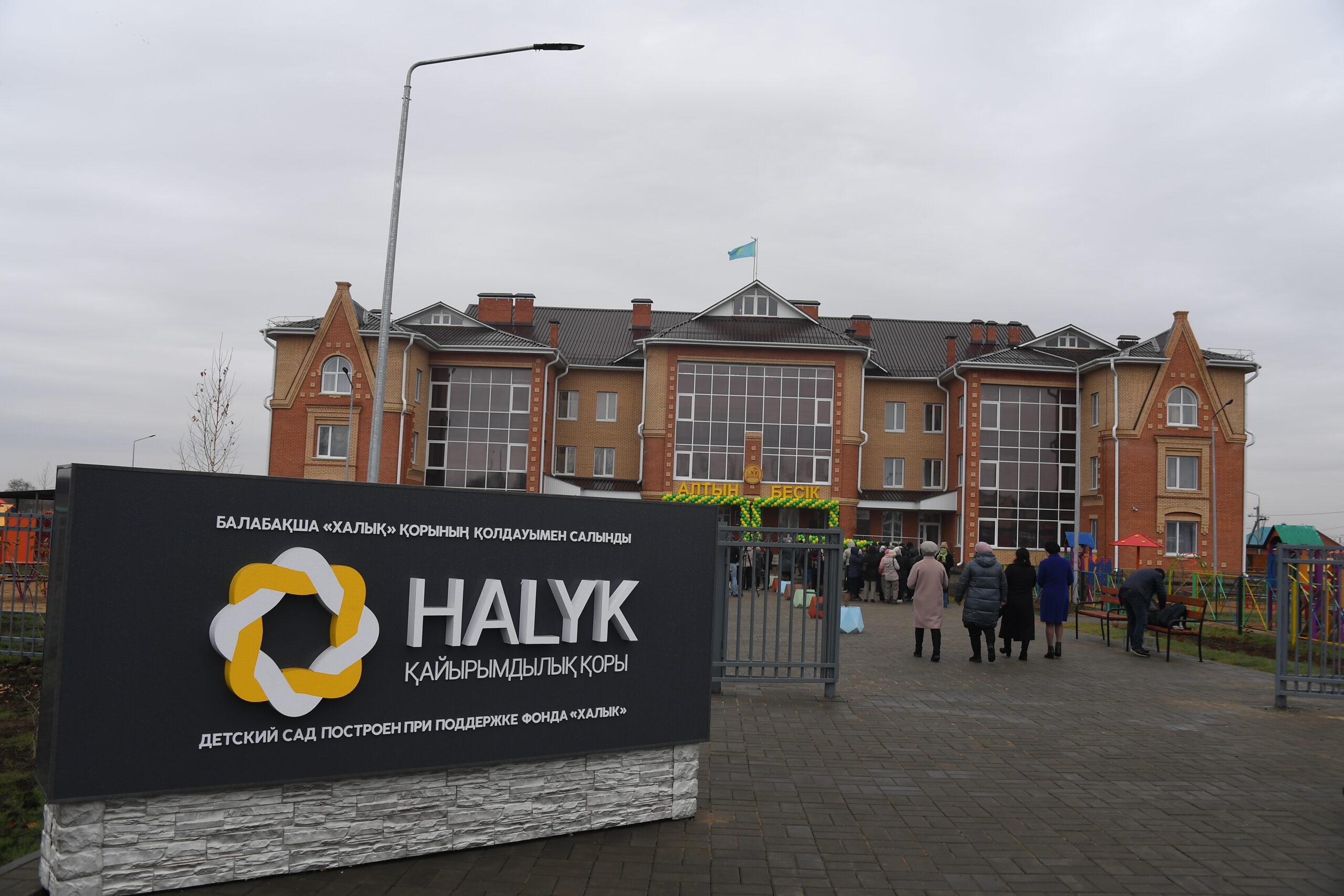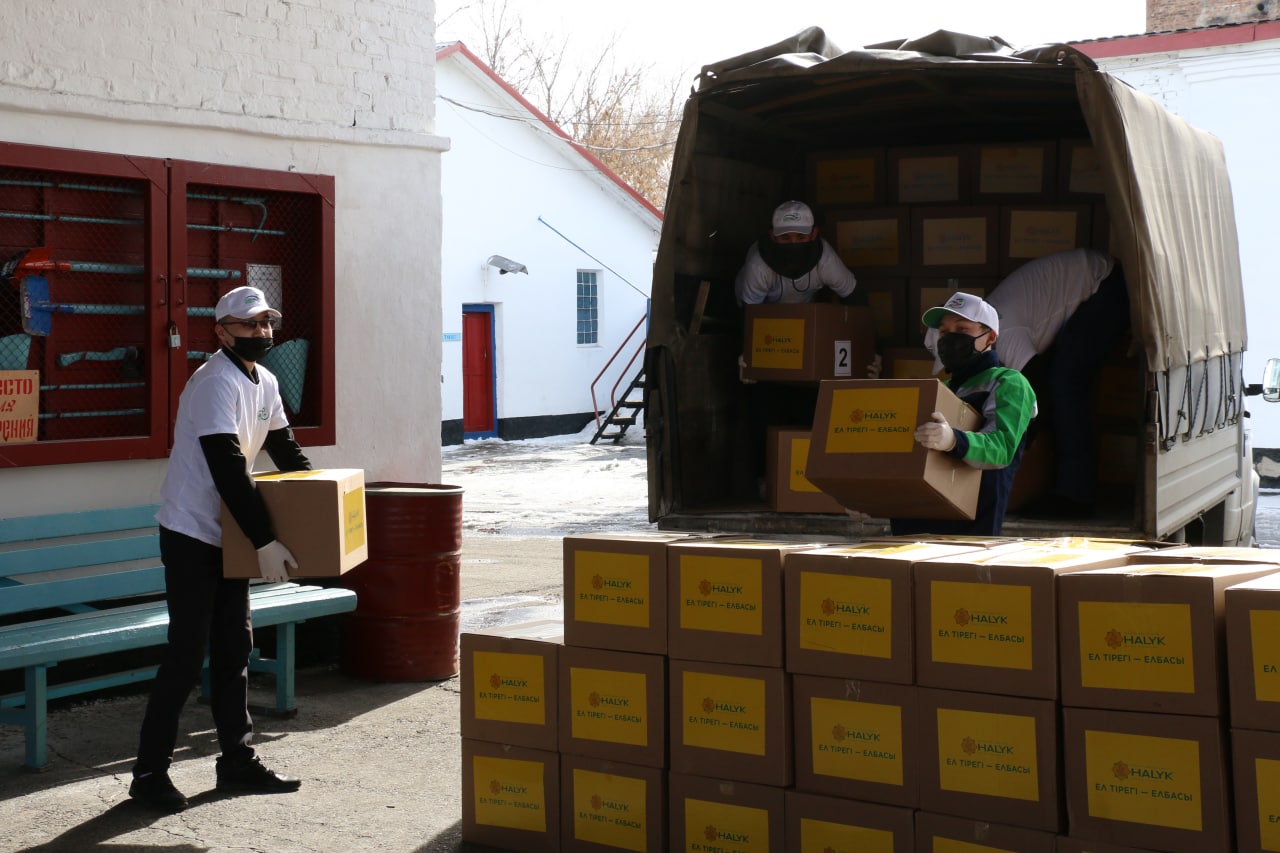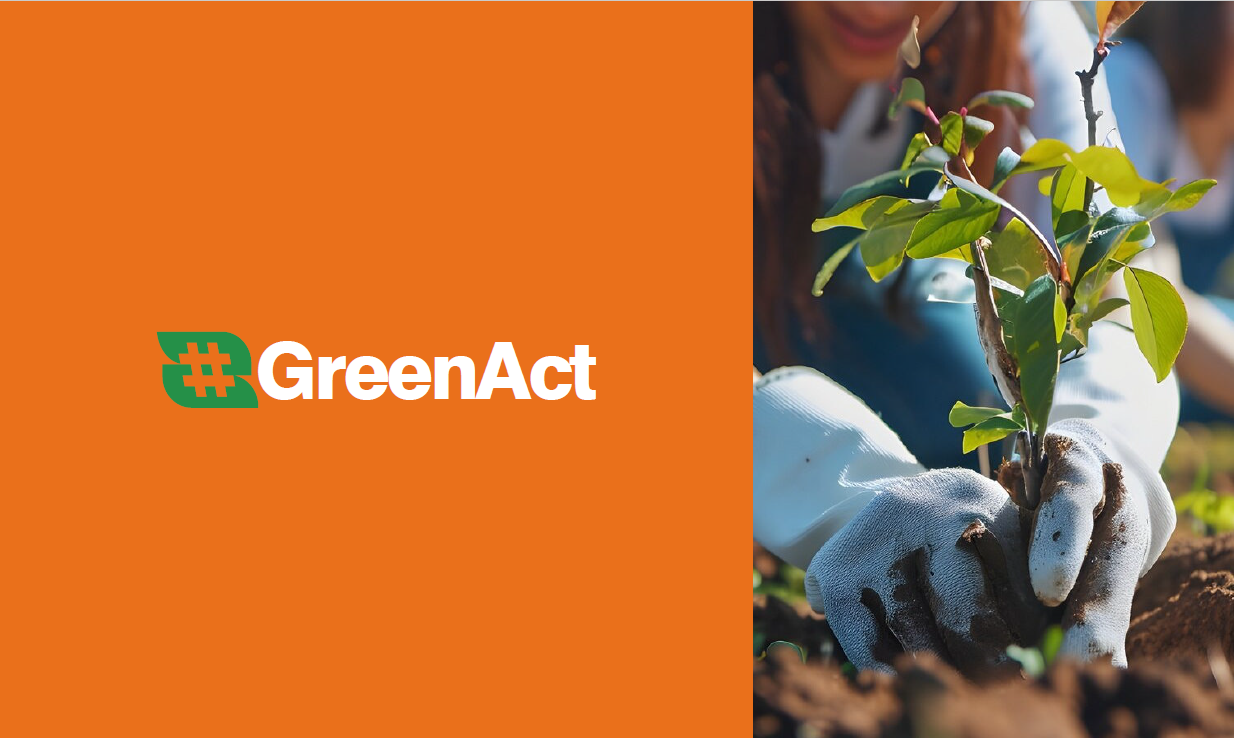“Definitely, I wouldn’t trust those who walk around with boxes at bazaars or on city streets.” Charitable Foundations Discuss Challenges in Kazakhstan
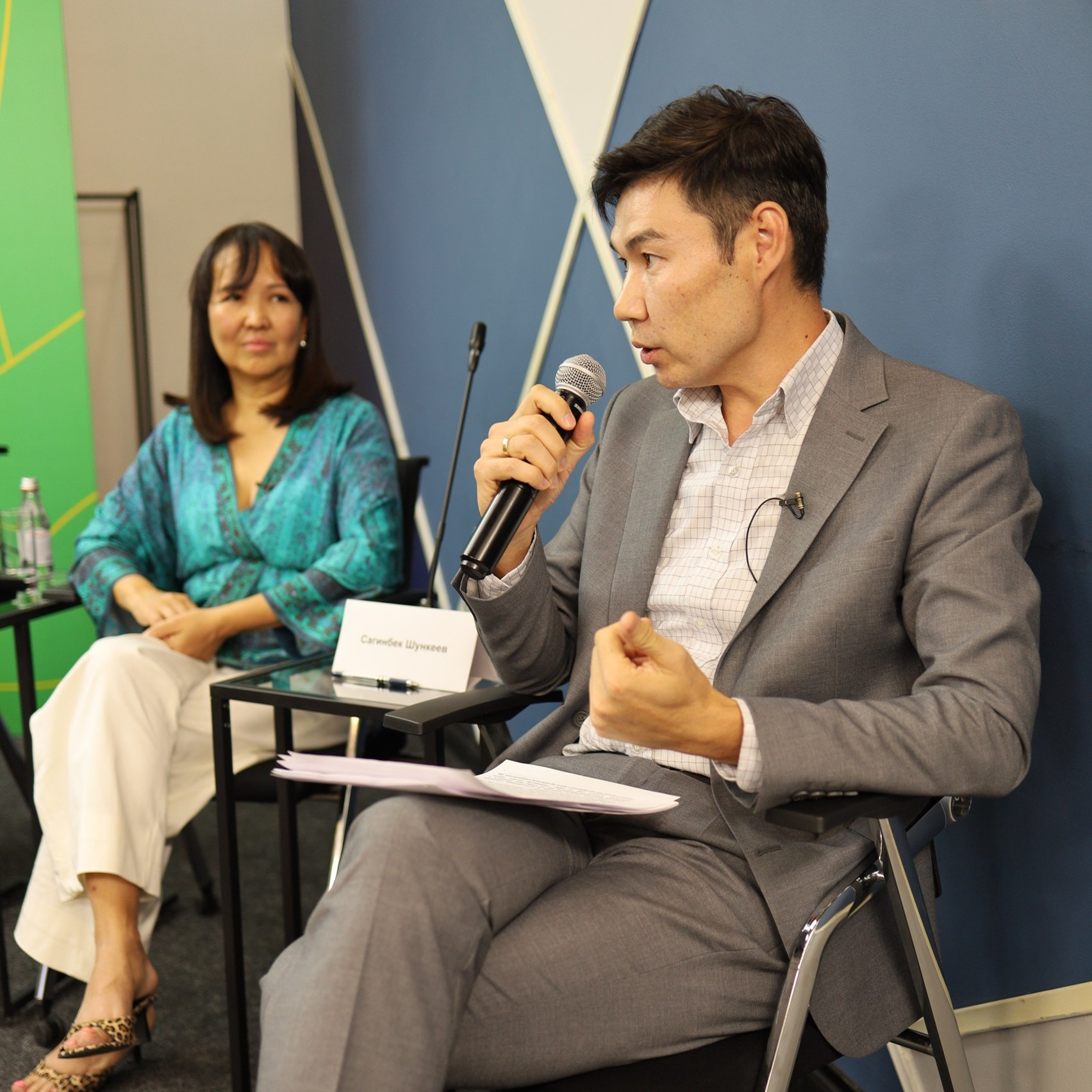
September 5 marks the International Day of Charity. To commemorate the occasion, the Halyk Charitable Fund organized a roundtable discussion with representatives of charitable organizations to address pressing issues in the sector. Topics included the lack of tax exemptions for benefactors, how to build public trust, and how to distinguish legitimate organizations from fraudsters.
Research: How Many Charitable Organizations Are There in Kazakhstan
Specialists from the Halyk Charitable Fund presented findings from a recent study, revealing that data on charitable organizations in Kazakhstan is outdated. While the Statistics Department lists over 23,000 NGOs—including public and charitable foundations—only about 5,000 submitted reports in 2023, meaning just 25% are considered active. According to MIOR, there are over 1,000 charitable organizations, while eGov lists only 37.
Research: Social Survey
As part of the “Rukhani Zhangyru” program in 2021, a field study on charity was conducted in Kazakhstan. According to the research, most Kazakhs perceive charity primarily as financial assistance to those in need. Fifty-four percent of respondents believe that charitable activities in Kazakhstan are underdeveloped, though they do not explain why. Kazakhs are most willing to help in the following areas:
- orphans;
- people with disabilities;
- patients in difficult life situations;
- elderly people.
Migrants and repatriates were the least supported in society.
People prefer to transfer money through online payments. According to the survey, 83% of respondents participated in charitable activities, and 81% made cash donations.
Kazakhstan in The World Ranking
The Gallup Institute conducted a global ranking of countries in the field of charity. Kazakhstan ranks 93rd out of 114 countries (as of the end of 2022).
“There are three indicators used in the ranking. The first is providing help to a stranger in need — here we rank 111th. The second is monetary donations for charitable purposes — we are 40th. And the third is the amount of time voluntarily spent helping others, which mostly reflects volunteer organization activity. Unfortunately, our country has been losing its position in recent years,” said Nariman Abilshaikov.
The Problem — Taxes
The Halyk Charitable Fund analyzed the activities of foreign charitable foundations from leading countries in Europe, the U.S., and Russia. In their opinion, Kazakhstan tends to solve local and sector-specific issues, while in the U.S. and Germany, foundations provide assistance to developing countries.
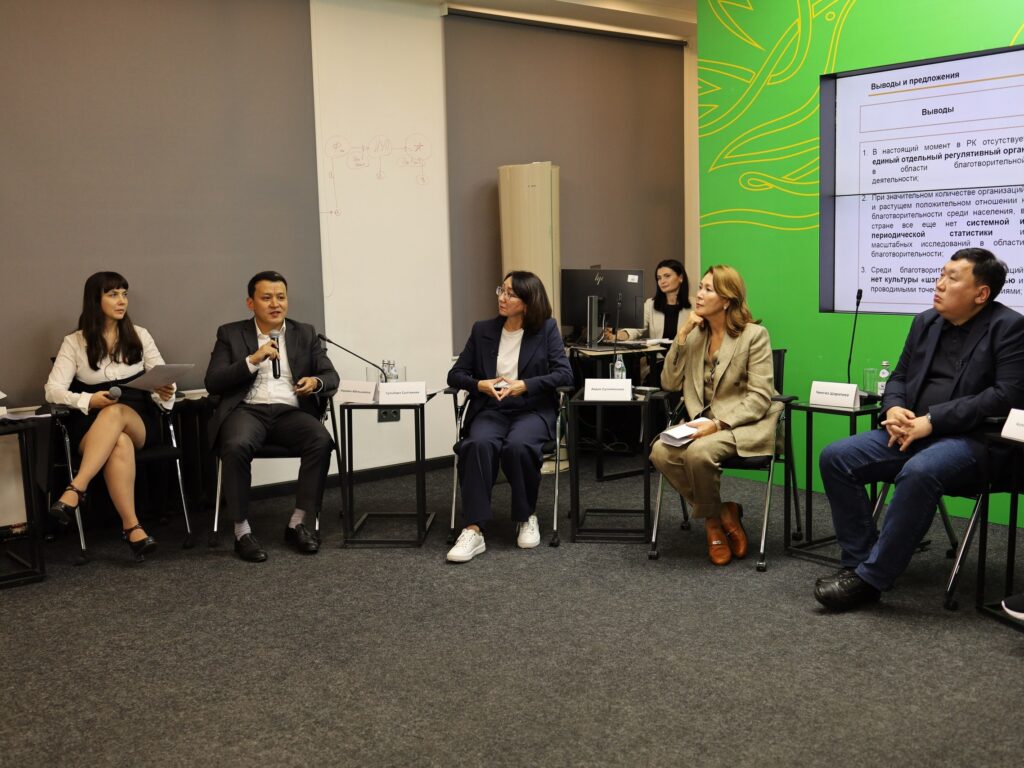
So what makes developed countries look better than Kazakhstan in terms of international experience?
“For companies engaged in philanthropy, there is a system of tax deductions. Let’s start with the U.S. Everyone has heard of the Bill & Melinda Gates Foundation. Their portfolio today exceeds $30 billion. In the U.S., tax deductions can reach up to 25%, which explains the large budgets currently distributed by foundations like Gates and Soros. In Germany, the deduction is 20%. In neighboring Russia, large businesses engaged in charity can deduct up to 13% of their tax obligations. What about Kazakhstan? According to Article 288 of the Tax Code, large businesses here are eligible for only a 3% deduction, while medium-sized businesses get 4%,” — compared Nariman Abilshaikov.
The hands of charitable foundations are also tied in terms of the amount of assistance they can provide to those in need.
“When we talk about the law on philanthropy, we mean that assistance can be provided to individuals from socially vulnerable groups, where the threshold is set at 647 MCI (around 2.5 million tenge). If a family is not in the socially vulnerable category, but a child urgently needs surgery, charitable foundations are sometimes legally unable to provide help,” — cited Halyk Charitable Fund Director Saginbek Shunkeev.
In addition to the material assistance itself, sponsors must pay a tax on the assistance provided in the amount of 10%.
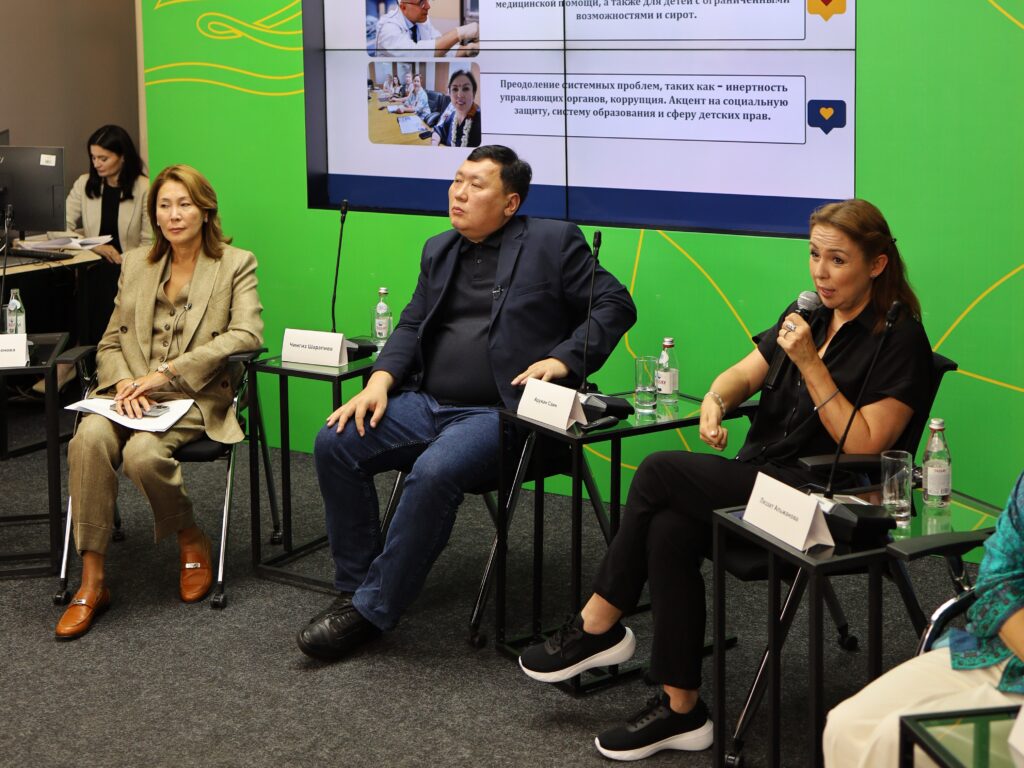
Benefactors themselves understand that restrictions are needed to prevent charity from becoming a platform for tax evasion.
“I would even allow a 30% tax exemption, but only for honest, decent organizations—those who genuinely donate and direct funds to real needs. The problem is, I just don’t know how to monitor everyone to see where the money goes. A true charitable foundation has a website, publishes reports showing every tenge spent. But sometimes funds collect money on personal cards, like an official NGO collecting donations on its own or a spouse’s card. How is that possible? And people donate because each time there’s some trending story,” — expressed civil activist, founder and director of the NGO Voluntary Society ‘Mercy’ and the educational project Mektep Online, Aruzhan Sain.
There is also a problem with coordinating funds. For example, when there was a flood in Western Kazakhstan, it turned out that rubber boats, generators for pumping, shovels, and bags were needed.

“When disaster struck, Kazakhstani people responded, and foundations provided funds. However, questions arose: where to go, what to buy, how to deliver, and to whom? Akimats collect up-to-date information and provide it to us, the foundations. That was the case during the floods and the quarantine. It’s convenient. But there were times during quarantine when we went to deliver food, thinking a needy family lived there, and it turned out to be a two-story mansion,” — said Saginbek Shunkeev.
All the problems identified by the meeting participants were addressed to the relevant government agencies and will be discussed further.
Trust of Kazakhstanis in Charitable Foundations
In Kazakhstan, there is a low level of knowledge and trust in charity. Many perceive aid as sadaqa, that is, alms.
“I would definitely not trust those who walk around with boxes in bazaars and on city streets. Yes, that’s a thing of the past. But, unfortunately, scammers have already gone further and are using, so to speak, children from Yakutia who look like Kazakhs. They film them and write: ‘I need help, here’s the bank account number, please help,’” — said Saginbek Shunkeev.
Philanthropists believe that, overall, the situation with charity in Kazakhstan is fairly good. Just ten years ago, the number of foundations and the quality of assistance were not at the current level. Experts say the next step is the development of endowment funds. In such funds, capital is created through donations. The funds invest this capital, and the income generated is spent on social needs, while the original donations remain untouched and continue to grow.
Those gathered noted how easily and quickly Kazakhstanis come together when help is needed. The latest example is the flood in the west of the country. Everyone was ready to help with clothing and food, diapers, and hygiene products. These are the top items that Kazakhstanis actively donate.



